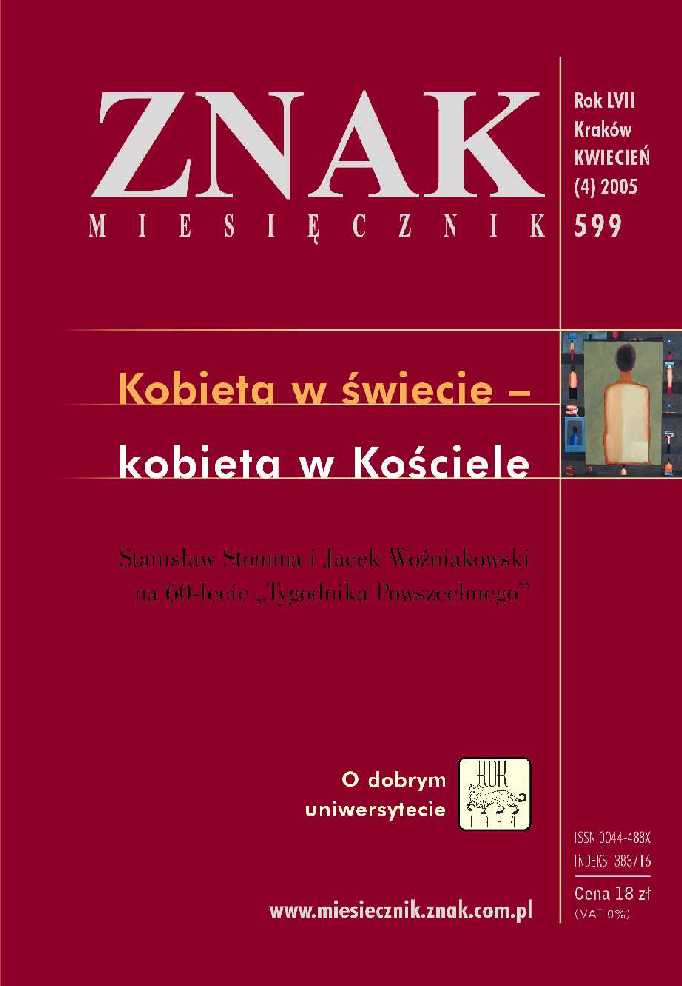
"Nineteen Eighty-Four" Section: The University
Rubryka "Rok 1984": Uniwersytet
Keywords: Poland; education
More...
Keywords: Poland; education
More...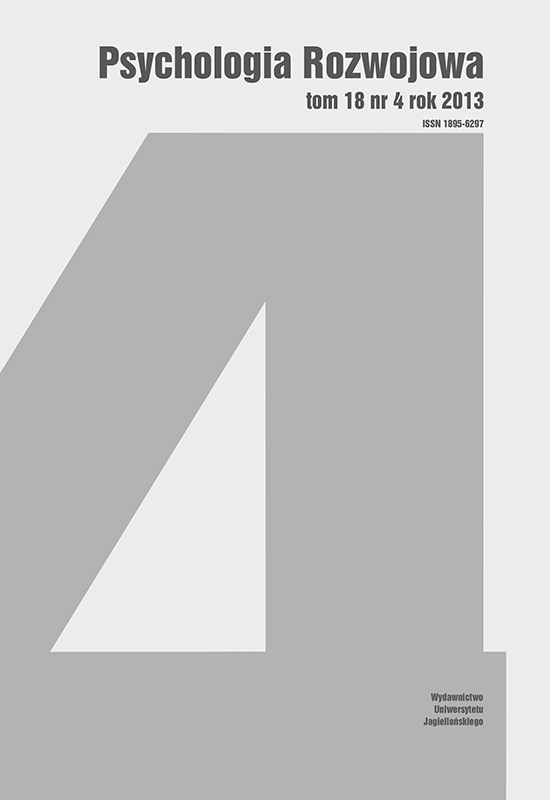
Report: International Workshop on Bilingulism and Cognitive Control, Uniwersytet Jagielloński, 15-17.05.2013
More...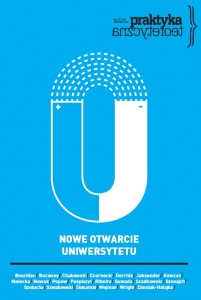
Keywords: University of crisis; public sociology; Occupy
Starting from the consideration of the origin and fate of public sociology, Anna Szołucha discussion with Michael Burawoy about the crisis of the university, its commercialization and regulation and the role of social movements (Occupy and Indignados) and students (from Chille and Canada) in the recovery and re-opening of public schools.
More...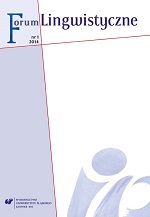
Keywords: Silesia; codification; language; dialect; regional language
The article discusses various factors which are perceived as important in discerning linguistic phenomena recognized as languages or dialects. Among the said factors the author mentions the necessity of codification, commenting on the state thereof in relation to the Silesian ethno-language, as well as other linguistic factors. The author states that social issues cannot be omitted, even though establishing the status of a regional language is a legal and political matter. As a vital argument in this discussion, she points at the data collected in the national census from 2011, and particularly at the answer to the questions about one’s national/ethnic identity as well as one’s mother tongue and language used at home. The author also quotes the opinions of the supporters and the opponents of the idea of granting the Silesian ethno-language the status of a regional language.
More...
More...
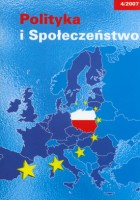
Keywords: virtual university; knowledge-based society
Pointing to virtual university as a means of implementing the idea of university in its contemporary stage of evolution, the author emphasizes its significance in the formation of the 21st century knowledge-based society. Outlining the essence of e-learning, one of the main EU initiatives aimed at creating the Europe of Knowledge, not only does the author pinpoint the various forms of virtual university, but also investigates the extent to which the principles are being implemented into the Polish educational system. The establishment of the virtual dimension of university affects the internal structure of the institution (i.e. students-personnel-administration) as well as its functioning in the external environment, which, according to the author, should facilitate the fulfilment of the goals set by the Bologna process, including lifelong learning. The author stresses the need for innovation, dialogue and partnership in the process of its continual development if the contemporary university is to become a major centre for intellectual and cultural advancement of the knowledge-based society.
More...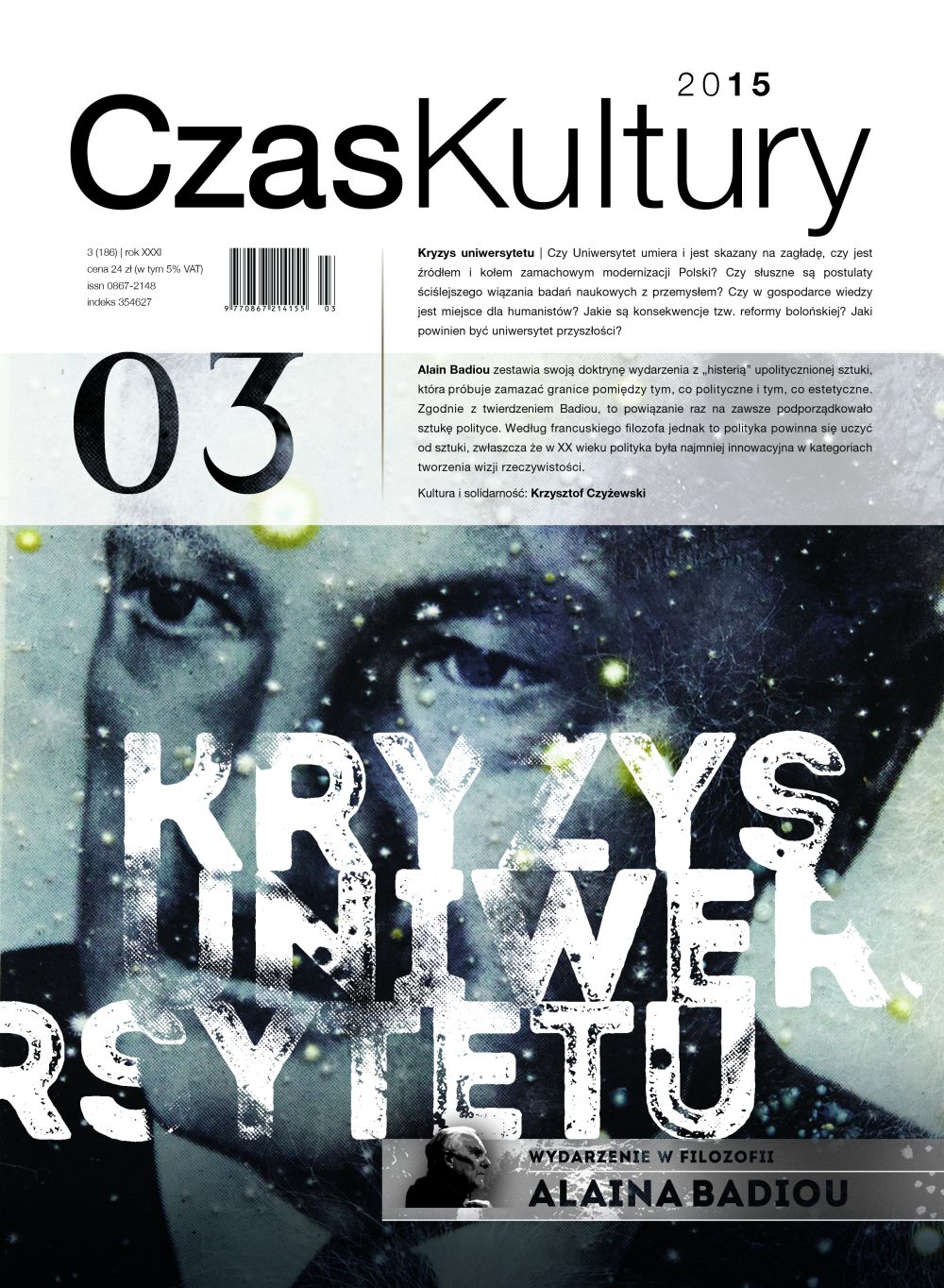
Keywords: university;society
The article presents a rebuttal to the belief that the crisis in the humanities is due to a lack of jobs for graduates of the humanities. The main argument is that the crisis affects the whole university and is associated with its place in relation to the state and the market. The author argues for the need to rethink the relationship between the university and society.
More...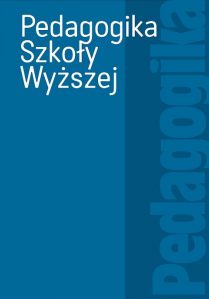
Keywords: complexity; academy; academic politics of simplicity; criticism of the university;
The main thesis of this article is the claim that criticism of the academy must take up the challenge of complexity of the modern world. In the first part of the text I draw attention to the academic politics of simplicity. Then, referring to the present understood in terms of the postdyscyplinary society, I argue the need to consider complexity as an analytic category.
More...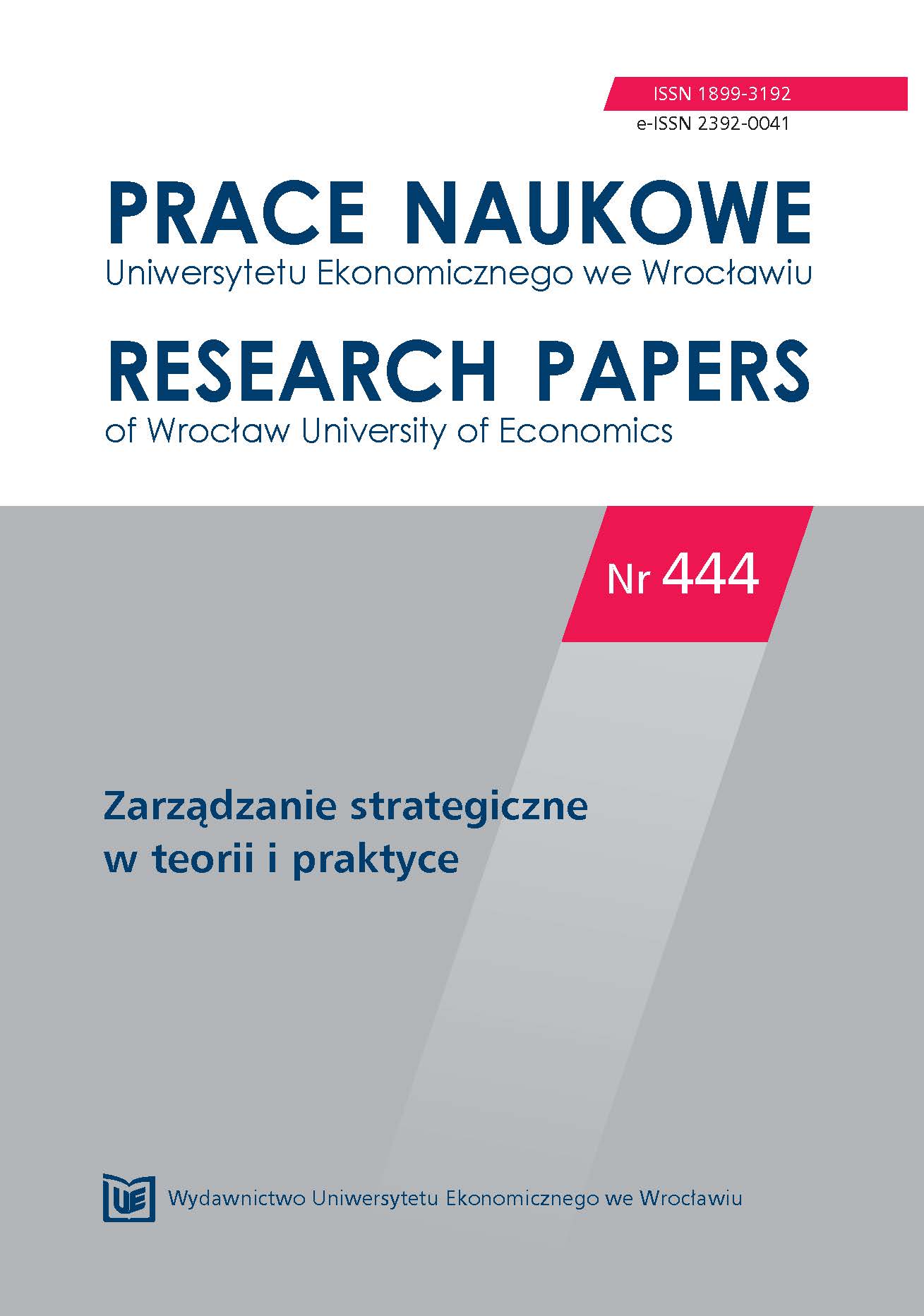
Keywords: entrepreneurial university; strategy of the university; university management
The trend towards the development of an entrepreneurial university is permanent. It involves also the development of the strategic orientation, both at the level of the entire organization, and selected functional areas. Strategic orientation develops in the areas of strategic analysis, marketing, human resource management and innovation. It seems that the implementation of strategic management methods takes place in various aspects of the functioning of the university. On the one hand there are applied useful concepts and methods of managing universities, on the other, management methods are increasingly making the universities economic organizations. The most important question looking for answers in this paper is to identify strategic trends of university formation and shape new models of higher education in the world and in Poland.
More...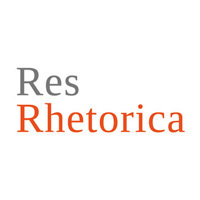
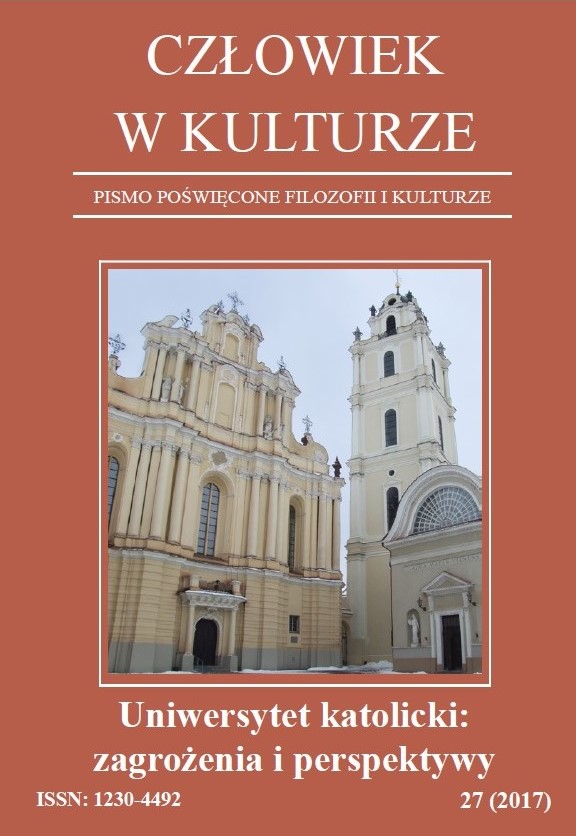
Keywords: University; universitas; Church; new evangelization; culture; human person; truth; faith and reason; freedom; new humanism;
The article attempts to show that the institution of the university, born ex corde Ecclesiae - from the heart of the Church - is by its very nature inherently and closely linked to the evangelizing mission of the Church. This is made evident by the official teaching of the Church after the Second Vatican Council, from Pope Paul VI to the present-day Holy Father, Pope Francis. The previous teaching of the Church and the history of human achievements in the field of science and culture, prove that the institution of the university, in the world of science and culture, together with the means of social communication, are today the most important platform on which “the struggle for the soul of the modern world” takes place. John Paul II’s call for the “new evangelization” was born within the context of the intensification of the atheization of Europe and of the global world, facing an enormous amount of persons in a state of “hunger for God”. The Polish Pope from Kraków, enriched by the experience of the Queen Jadwiga (1384-1399), knew well that “the strength of the state and the strength of the Church have its source in the careful education of the nation and that the road to the welfare of the state, its sovereignty and recognition in the world is fostered by thriving universities.” In an era of dictatorship of relativism, modern universities have a special mission to save the truth about man and the world around him. The call for a “new evangelization” is a special positive inspiration for universities in their fundamental mission to create a culture of universal humanism based on the foundation of the Supreme Truth, which is God. The article recalls some features that universities should maintain or develop in order to fulfill their mission as fully as possible.
More...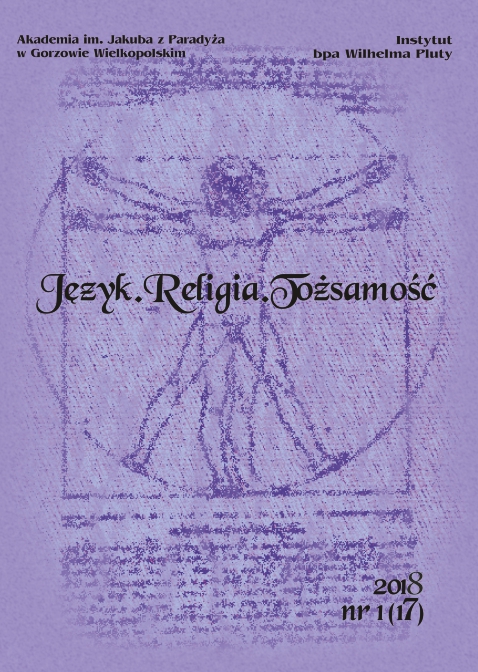
Keywords: History of language; historical lexicology; history of words and their senses; terminology
The author outlines histories of three names of educational establishments:akademia, uniwersytet, wszechnica in the Polish language. Apart from strictly linguisticinformation obtained from relevant lexicographic sources, the individual names are accompaniedby information on historical and cultural contexts. The paper is rounded off witha passage on the terminological connotations of the words akademia and uniwersytet
More...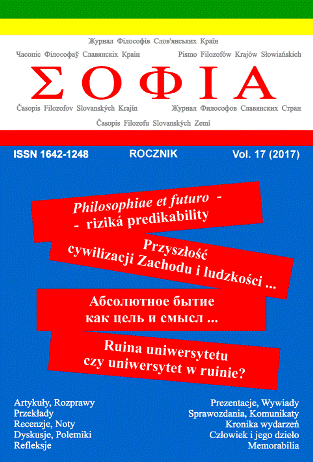
Keywords: idea of university; university of excellence; higher education reform; corporation;liberalism;
In the text, the author has attempted to discuss, in connection with globalization processes in Western cultures, changes in the organization and functioning of higher education systems. Imple-mented reforms aim to replace the concept of the university of idea with the so-called university of excellence. The author points not only to the changes being made, but also on their impact on the education of students, as well as the formation of a new academic culture. Not sharing the enthusiasm of advocates of reforms, he sees them as a threat to modern man and his culture. These threats primarily affect the level of education and academic culture, as well as they mean impoverishment of the substantive and axiological personality of the human of the future and are an attempt to bring it to a one-dimensional specialist, i.e. a technical man. Homo electronicus, or homo technicus as well as homo excellence is to replace homo sapiens. The author sees the reforms not as a process of improving education, but as an implementation of an ideology aimed at a global liberal empire. Автор в тексте попытался обсудить, в связи с процессами глобализации в западных культурах, изменения в организации и функционировании систем высшего образования. Реализованные реформы направлены на отказ от университета идеи и ее замену так называемым университетом совершенствования. Автор указывает не только на происходящие изменения, но и на их влияние на образование студентов, а также на формирование новой академической культуры. Не разделяя энтузиазма сторонников реформ, он считает их угрозой современному человеку и его культуре. Эти угрозы касаются прежде всего уровня образования студентов и академической культуры, а также национальных культур. Они означают содержательное и аксиологическое обнищание личности человека будущего, и это попытка довести его до одно-мерного специалиста, то есть технического человека. Homo electronicus, или homo technicus как homo excellence, должен заменить homo sapiens. Автор воспринимает реформы не как процесс улучшения образования, а как реализацию идеологии, целью которой является формирование глобальной либеральной империи.
More...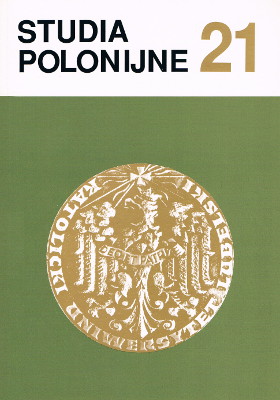
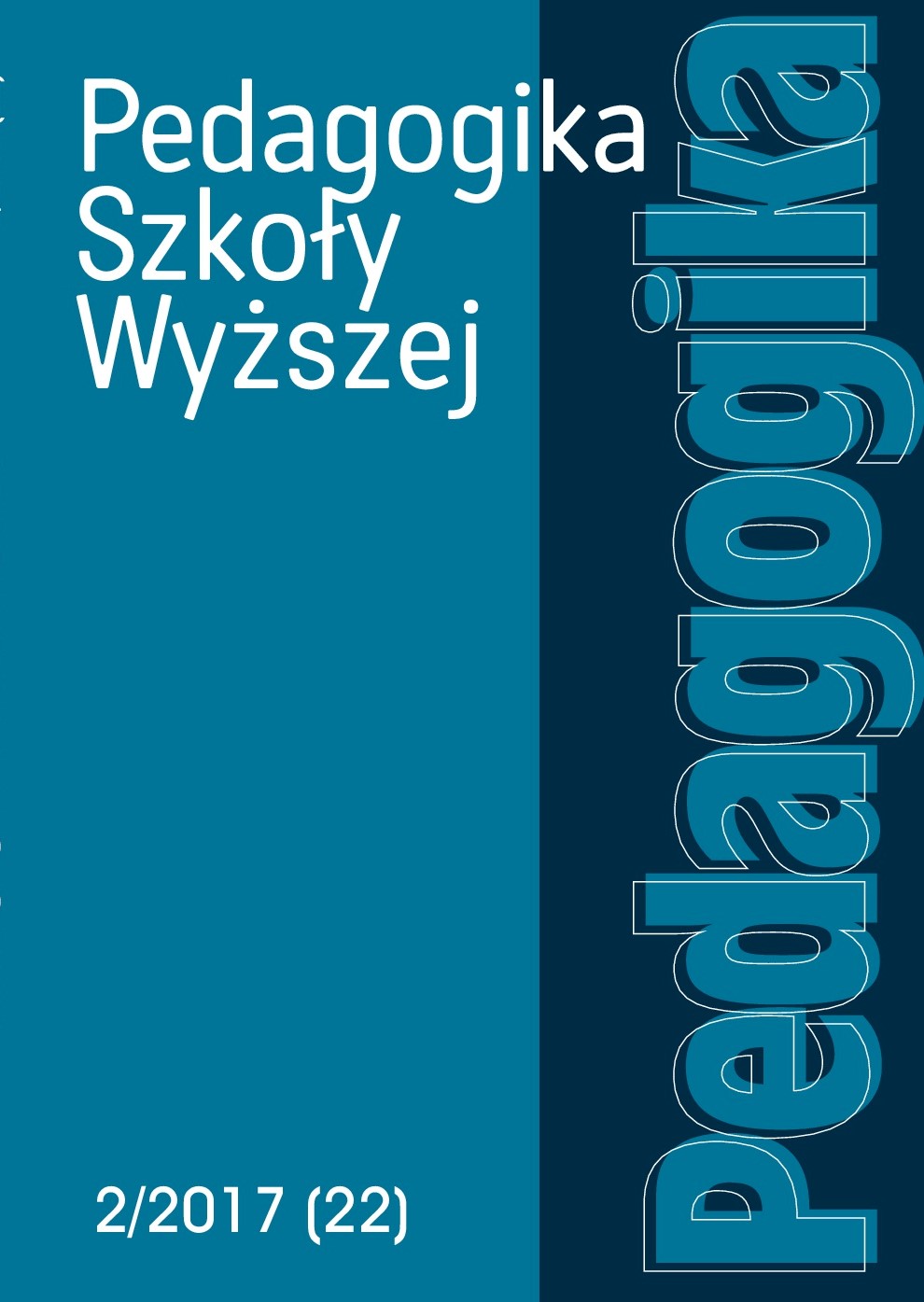
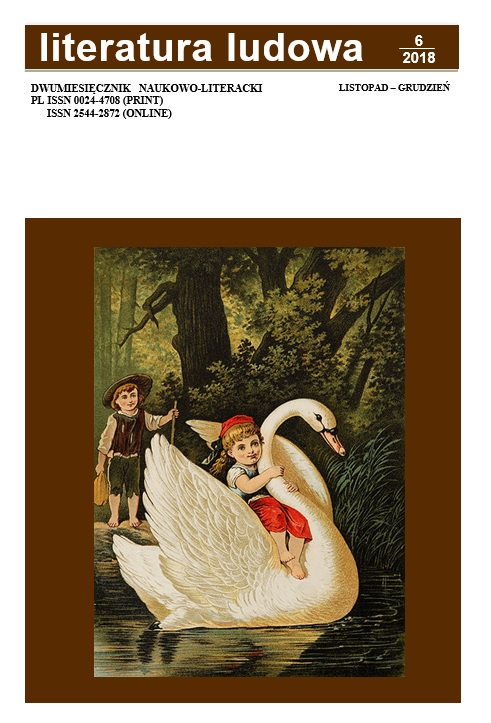
Keywords: review
Review of book:Libor Martinek, Lašsko-evropský básník Óndra Łysohorsky. Monografie, Oficyna Wydawnicza ATUT, Wrocław 2016.
More...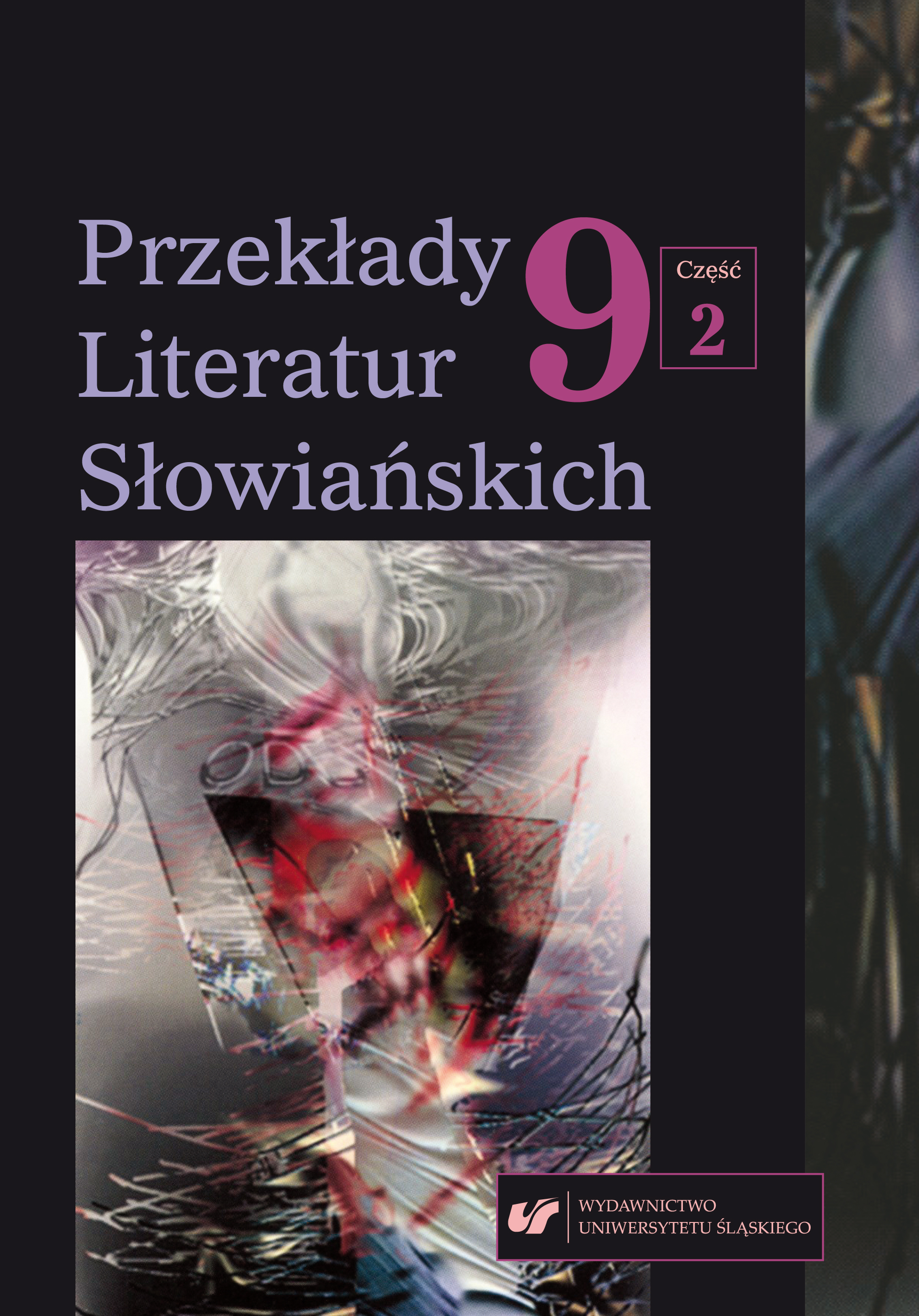
Keywords: Upper-Silesia; community; minority language; subversion; struggle for acceptance; power
The bibliography includes translations into the Silesian language made both in the standard script as well as in the non-standard one. The starting point for translations into the contemporary Silesian may be dated back to 2002. Since then, there have been irregularly published, usually in the form of collections, translations of various literary genres (with a preponderance of poetic forms) from dozen or so world languages, such as: Greek, Latin, French, German, Polish, Mandarin Chinese, English, Welsh, Russian, or the Upper Sorbian. No single translation from Silesian
More...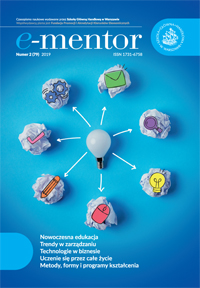
Co powinno być filarem nauczania w dzisiejszym zdigitalizowanym świecie? Jak w najlepszy sposób czerpać z możliwości e-edukacji, a gdzie czają się zagrożenia? Jaka jest rola uniwersytetu w tym procesie oraz standardy, które powinien wyznaczać studentom? – to tylko niektóre z pytań postawionych na konferencji VU’19 zatytułowanej „Labirynty cyfrowości”.
More...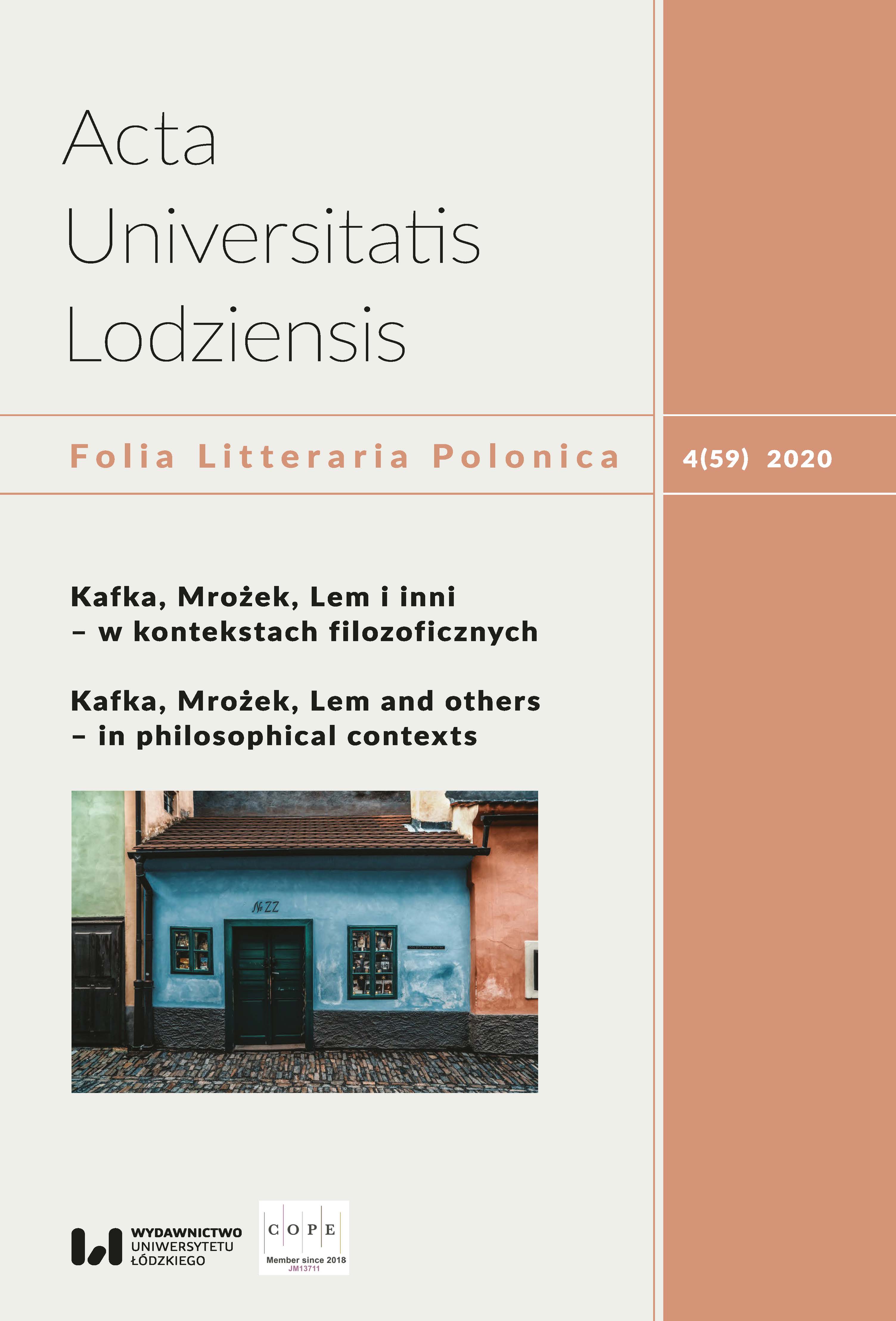
Keywords: Franz Kafka; University; Academy; ruins; crisis
The idea of the university was never a significant context for researchers of Franz Kafka work. It was the other social institutions that became the natural source of allusive recognition of literary scholars (court, insurance company, imperial state office). In this sketch – written on the margins of Kafka’s famous short story: Report for the Academy – we are trying to change it. The university (title: Academy) here becomes a “central object of criticism”, an institution in ruins, a place where one does not practice research and does not perfect humanistic virtues. On the contrary, it is a space where the “gate of perception” and „critical thinking” are consistently closed – as a tribute to the particular game of interests. In the worst case – the effect of the Academy’s impact becomes destruction resulting from training and humiliation.
More...Keywords: Wadowickie Centrum Kultuy;culture project;Wadowicki Uniwersytet Dzieci;
Wadowicki Uniwersytet Dzieci (WUD) powstał w 2014 r. z inicjatywy Wadowickiego Centrum Kultury, a patronat naukowy nad nim objął Uniwersytet Pedagogiczny im. Komisji Edukacji Narodowej w Krakowie.
More...